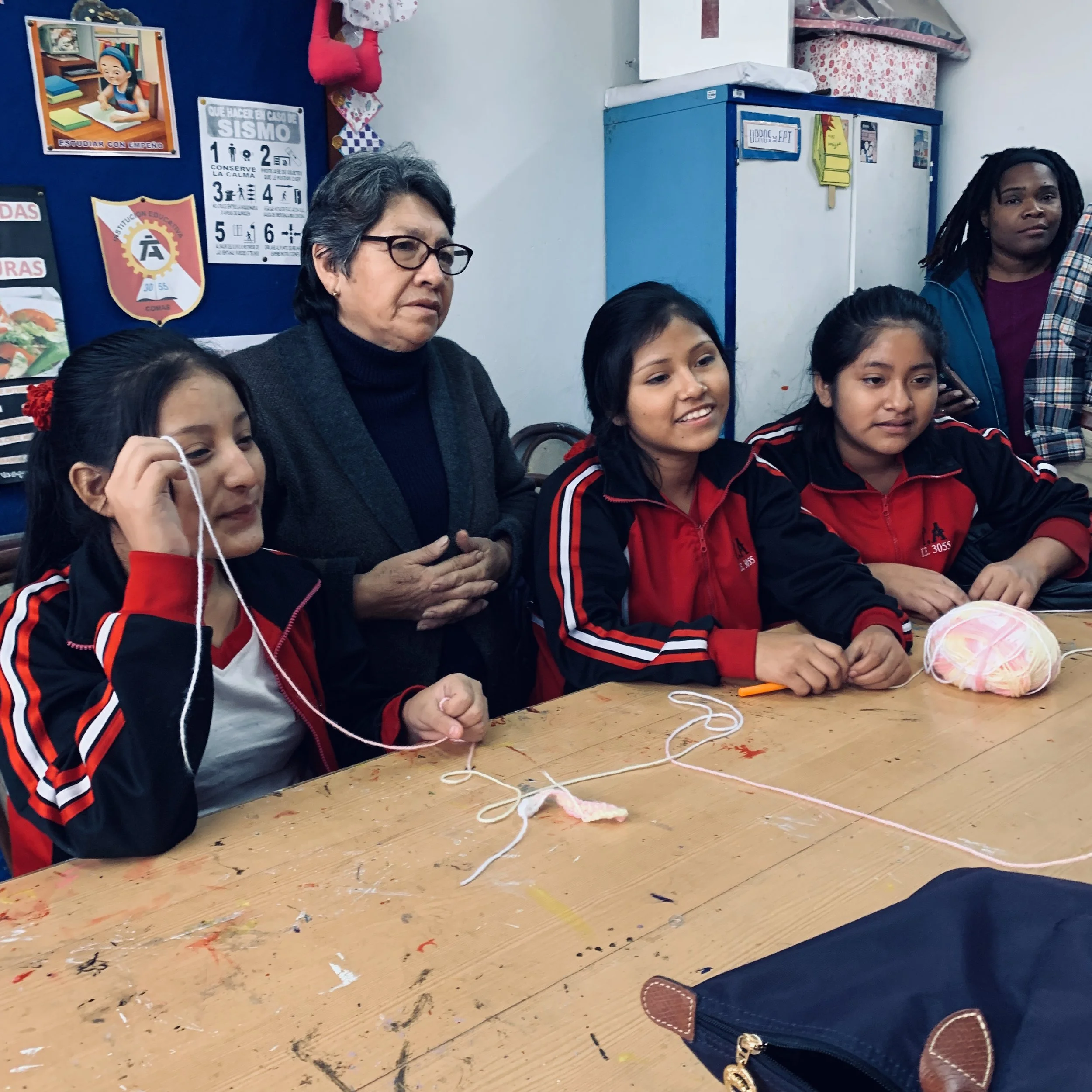OK, so the pressure is ONNNN! I am back in the classroom for the first time since January (with the exception of an exceptional week at the COAR School in Moyobamba!). I spent the week spinning my wheels, setting up my classroom, meeting with colleagues, sharing my video of the TGC trip to Peru, encouraging my fellow teachers to apply to Fulbright and have the adventure of a lifetime, and transitioning back into a person who can make or break a sixth grader’s year.
I was pretty jittery when I left school this afternoon, feeling frustrated that I didn’t have a clear vision for how I want to establish my classroom this year. It’s kinduv like building a pool that you’re going to dive (or dip) into. It’s gotta be deep enough that you don’t break your neck, and warm enough that you want to stay in for a long time. And I finally had my epiphany on the porch this evening~do what you did in Peru! Teach through theater!
I’ve wanted to build a classroom based on Theater for years. I used to have the luxury as an Artist in Residence, with the Pennsylvania Council on the Arts, to teach through theater, and for some reason, I just fell into the habit of doing what the other teachers were doing, or doing what I’ve done in the past that was successful, but I never really built a classroom around Theater. I’ve written curriculums and unit plans and grants and scripts and wishes and dreams, but I haven’t fulfilled this wish yet. Well, this is my year!
The collaboration at the COAR San Martin School brought me back to my roots as a Theater educator and guest artist, and the Fulbright experience allowed me to partner with inspiring educators who are each using their unique talents to tell the global stories that are most meaningful to them in the ways they are best equipped.
My partner in Peru, Marci Ward, and our host teacher fabulosa, Julio Herrera, have already brainstormed our repeat collaboration and I mentioned doing a theater project with the students in his school. We are hoping to submit a Fulbright Teacher’s Grant for next summer. Perhaps I will begin that collaboration next week when my students arrive at Radnor Middle School for the first time.
I feel so excited and so grateful for the experience I had through the Fulbright Teachers for Global Classrooms. My photographs from Peru will be hanging in the Main Office of my school as the new year begins. I am eager to share this glimpse of Peru with my school community. I am also looking forward to beginning an exchange between my students and Sr. Herrera’s students.
Thank you for planting this seed, IREX and Fulbright. I am a new teacher because of my experience as a Teachers for Global Classrooms Fellow.










